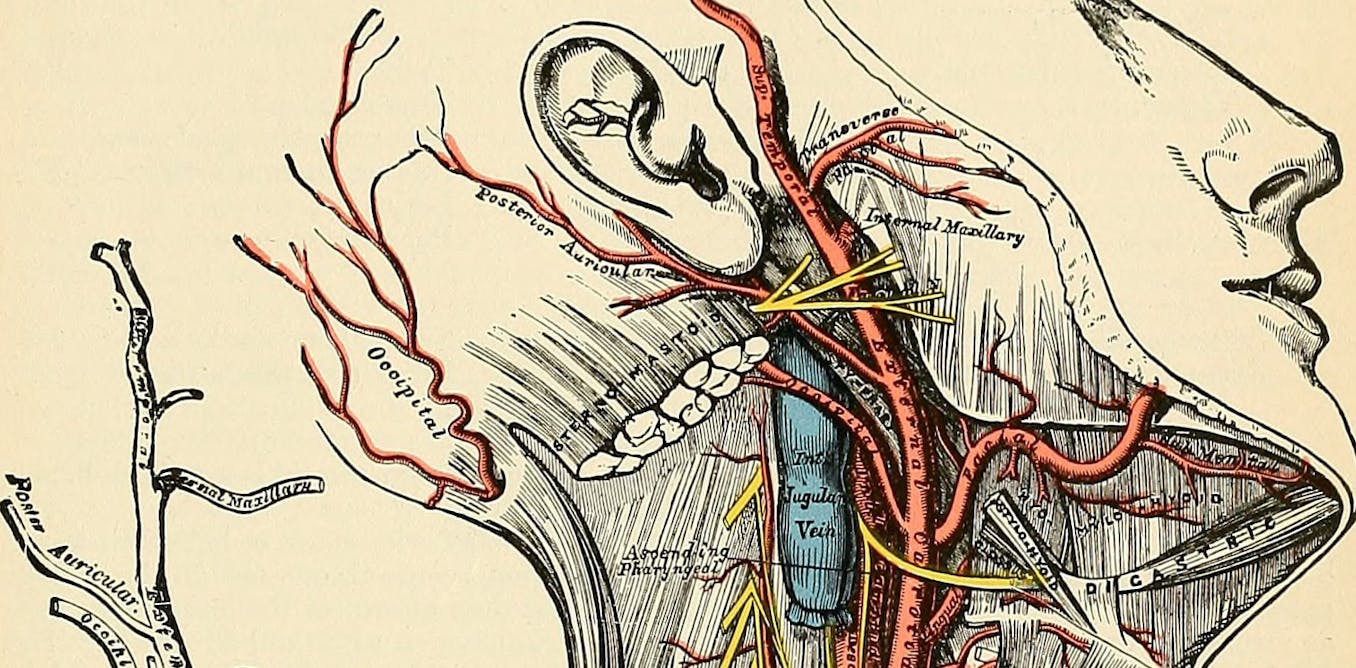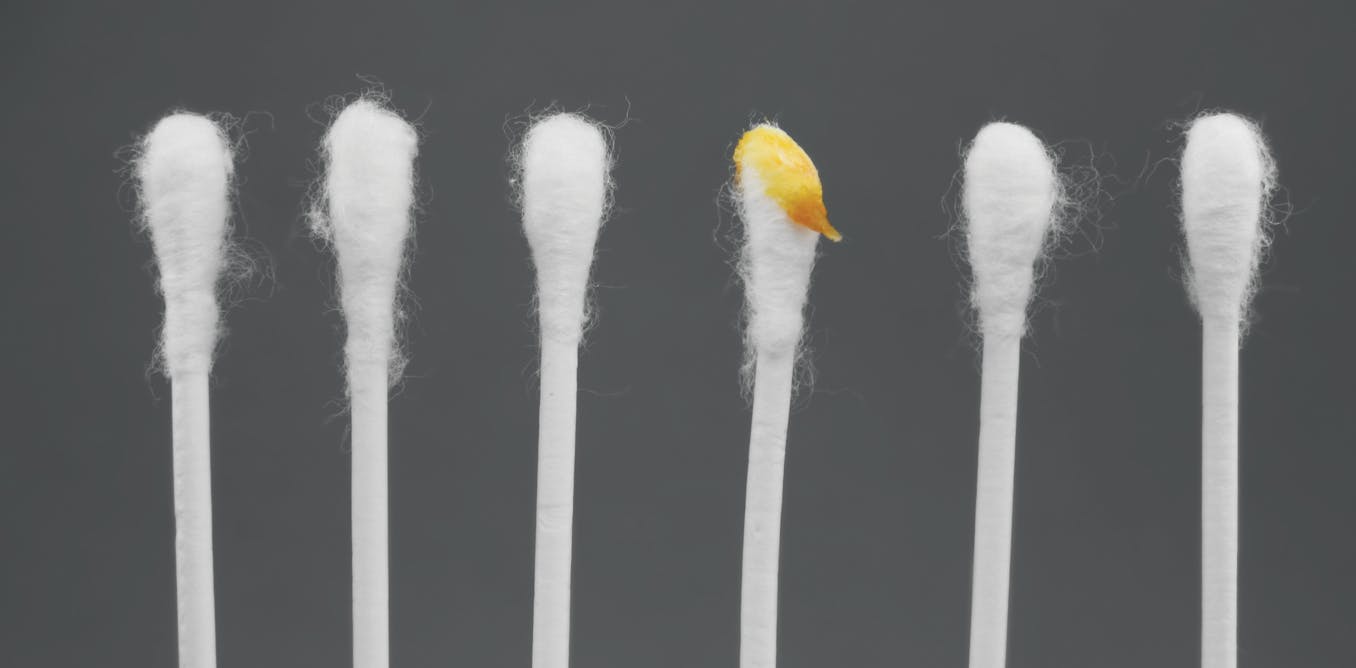Pictures have been teaching doctors medicine for centuries − a medical illustrator explains how
From body snatching to Photoshop and virtual reality, the techniques of medical illustration have evolved. But its essential role in showing clinicians how to care for the body continues today.
Jan. 24, 2024 • ~10 min





